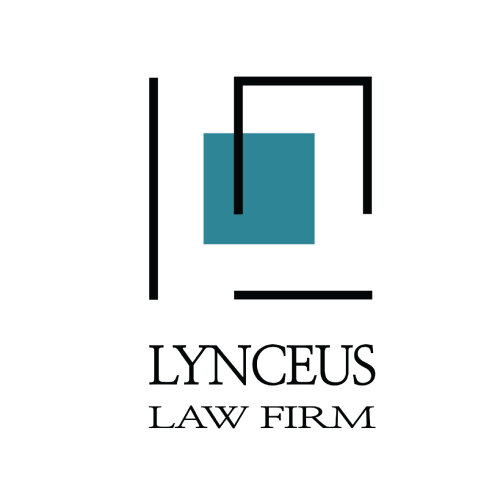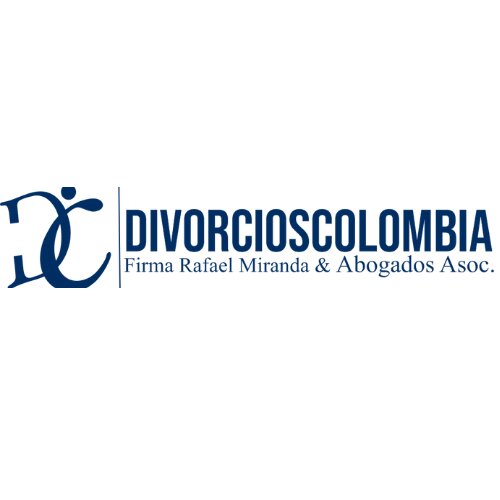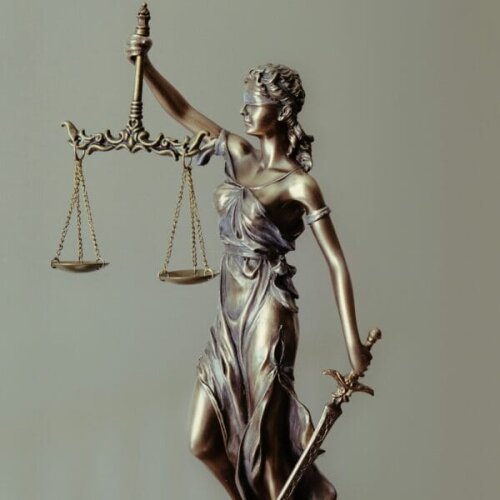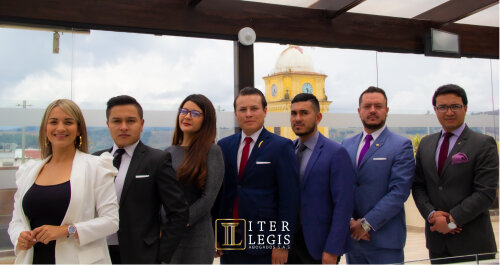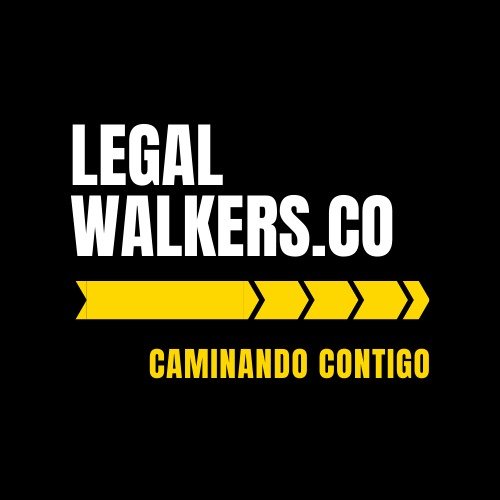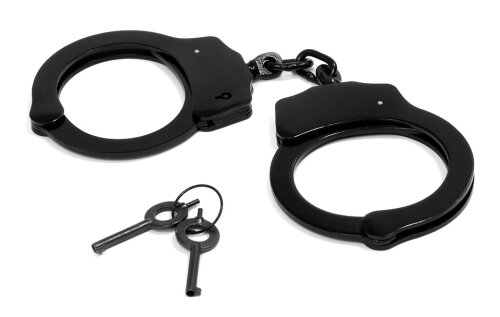Best Criminal Litigation Lawyers in Colombia
Share your needs with us, get contacted by law firms.
Free. Takes 2 min.
Or refine your search by selecting a city:
List of the best lawyers in Colombia
About Criminal Litigation Law in Colombia
Criminal litigation in Colombia involves legal proceedings initiated as a result of criminal offenses, with the primary aim being the enforcement of criminal legislation. The Colombian legal system follows a civil law tradition with influences from the inquisitorial system but has also integrated significant aspects of the adversarial system over the past few decades. Criminal litigation encompasses everything from investigation and arrest procedures to trial, sentencing, and appeals. Key players in this system include the Colombian National Police, the Prosecutor's Office (Fiscalía General de la Nación), the judicial system, and legal representation for defendants and victims.
Why You May Need a Lawyer
There are several scenarios in which you might need a lawyer specializing in criminal litigation:
- Being accused of a criminal offense, ranging from minor infractions to serious felonies, requires professional legal defense.
- Victims of crimes seeking justice or reparation may need legal representation to ensure their rights are protected during the litigation process.
- Businesses or individuals facing allegations of financial crimes or corruption might need legal advice to navigate complex legal obligations.
- Individuals looking to appeal a conviction need experienced lawyers to make a compelling case to higher courts.
Having a competent criminal lawyer can help ensure due process and protect the rights of the involved parties throughout the judicial process.
Local Laws Overview
Several key aspects of Colombian laws are relevant to criminal litigation:
- Due Process: The Colombian Constitution ensures rights such as the presumption of innocence, the right to a fair trial, and legal representation throughout the judicial process.
- Criminal Code: It outlines specific crimes and their corresponding penalties, covering everything from theft and assault to complex white-collar crimes.
- Procedural Code: This code governs how criminal proceedings are conducted, including how evidence is handled, how trials are structured, and the timelines for different processes.
- Restorative Justice: Some cases may be resolved through alternative mechanisms focused on reconciliation and reparation rather than punishment alone.
Frequently Asked Questions
What is the first step if I am accused of a crime?
If accused of a crime, it is crucial to seek legal representation immediately. A lawyer can advise you on your rights, represent you during interrogations, and build your defense.
What are my rights during an arrest?
You have the right to remain silent, the right to an attorney, and to be informed of the reasons for your arrest. Additionally, any abusive treatment should be reported to your lawyer.
How long can the criminal process take?
The duration can vary significantly depending on the complexity of the case, the court’s workload, and whether an appeal is filed, ranging from months to several years.
Can I appeal a conviction?
Yes, Colombian law typically allows appeals to higher courts if there are grounds such as legal error or new evidence. Consulting with an attorney is important to assess the viability of an appeal.
What happens if I'm a foreigner accused of a crime in Colombia?
Foreigners have the same legal rights as Colombian citizens, including the right to a defense. It's important to seek a lawyer familiar with international laws and potential deportation issues.
How are juveniles treated in the criminal justice system?
Juvenile offenders are subject to different procedures focused more on rehabilitation than punishment, with cases typically managed by specialized juvenile courts.
What role does the prosecutor play in my case?
The prosecutor (Fiscalía) is responsible for investigating crimes and presenting evidence to prove the charges against the accused in court.
How is evidence handled in a criminal case?
Evidence must be collected, preserved, and presented according to strict legal guidelines to ensure reliability. Your lawyer can help challenge evidence that may have been improperly obtained.
What is the difference between a public defender and a private attorney?
A public defender is appointed by the state for those unable to afford legal representation. Private attorneys are hired directly by clients and may offer a wider array of personalized services.
Is it possible to settle a criminal case out of court?
In certain cases, plea bargains or settlements can be reached outside of trial, particularly for minor offenses. Legal counsel can advise if this is a viable option in your situation.
Additional Resources
For more information, consider the following resources:
- Procuraduría General de la Nación: Offers resources related to legal rights and public watchdog services.
- Fiscalía General de la Nación: Provides information on criminal cases and processes, offering a portal to report crimes.
- Defensoría del Pueblo: An organization that offers legal assistance and guidance for individuals in need.
- Legal Aid Clinics: Many universities in Colombia offer clinics that provide legal services to those who cannot afford representation.
Next Steps
If you need legal assistance in criminal litigation, follow these steps:
- Consult a lawyer: Seek a reputable lawyer specializing in criminal law. Many offer initial consultations free of charge or at a reduced rate.
- Gather Documentation: Collect all relevant documentation related to your case, including arrest records, communication with law enforcement, and any prior legal actions.
- Understand Your Rights: Familiarize yourself with your legal rights. Being informed can significantly impact the outcome of your case.
- Stay Informed: Keep abreast of changes or developments in your case and maintain open communication with your legal representative.
The complexities of criminal litigation require timely and effective legal advice, so taking proactive steps is essential for protecting your interests.
Lawzana helps you find the best lawyers and law firms in Colombia through a curated and pre-screened list of qualified legal professionals. Our platform offers rankings and detailed profiles of attorneys and law firms, allowing you to compare based on practice areas, including Criminal Litigation, experience, and client feedback.
Each profile includes a description of the firm's areas of practice, client reviews, team members and partners, year of establishment, spoken languages, office locations, contact information, social media presence, and any published articles or resources. Most firms on our platform speak English and are experienced in both local and international legal matters.
Get a quote from top-rated law firms in Colombia — quickly, securely, and without unnecessary hassle.
Disclaimer:
The information provided on this page is for general informational purposes only and does not constitute legal advice. While we strive to ensure the accuracy and relevance of the content, legal information may change over time, and interpretations of the law can vary. You should always consult with a qualified legal professional for advice specific to your situation.
We disclaim all liability for actions taken or not taken based on the content of this page. If you believe any information is incorrect or outdated, please contact us, and we will review and update it where appropriate.
Browse criminal litigation law firms by city in Colombia
Refine your search by selecting a city.



